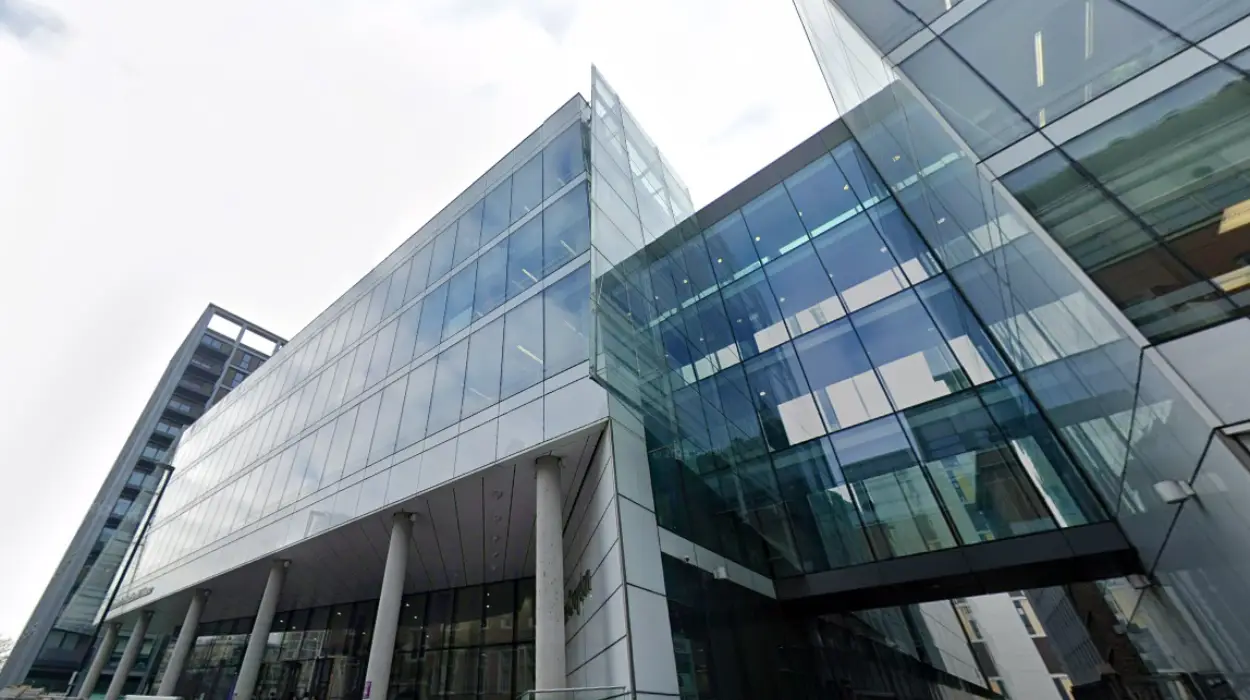Greenwich (Parliament Politics Magazine) – Two teenagers face life sentences for murdering a 14-year-old boy in a brutal machete attack on a Woolwich bus, shocking the Greenwich community.
On January 7, Kelyan Bokassa, an aspiring rapper, was tragically murdered while riding a bus on route 472 on his way home.
The two young people approached him with “lengthy machetes” when he was seated on the upper deck back seat of the bus.
According to testimony given to the court, the 16-year-old adolescents seemed to have been informed that Kelyan was present before they got on the bus and approached him.
Judge Mark Lucraft KC will sentence them at the Old Bailey today, July 25, starting at 2:00 p.m.
At an earlier hearing, prosecutor Tom Little KC had said:
“It is clear this is not a form of spontaneous incident. The two defendants must have known the deceased was on the bus.
They approach him and almost instantaneously the two of them pull out machetes and attacked the deceased.
“He is stabbed or attempted to be stabbed on a total of 27 occasions before the defendants made their way off the bus.”
Shortly before 2:30 p.m., emergency personnel were dispatched to Woolwich Church Street, close to Woolwich Ferry, Greenwich.
Shortly after emergency personnel arrived on the site, Kelyan passed away from a severed femoral artery.
One of the machetes was eventually found after being dumped into the Thames River.
As part of a public call for information, Scotland Yard made the rare decision to release CCTV photographs and identify two lads.
Following a manhunt by Met police, they were taken into custody on January 15 and charged the following day.
On May 23, the two entered a guilty plea to the murder of Kelyan and possession of a knife on Woolwich Church Street.
What are the legal consequences faced by teenagers involved in violent crimes against minors?
Minors under 18 are usually tried in juvenile delinquency courts, which prioritize education, rehabilitation, and preventing future offenses rather than merely punishment. However, in serious cases like violent crimes, juveniles can be detained or even transferred to adult court in some jurisdictions.
Legal consequences for violent offenses—such as assault or murder against minors—may include probation, community service, mandatory counseling, placement in a juvenile detention facility, or life sentences in exceptional cases.
The exact penalty depends on the severity of the crime, the juvenile’s age, and their criminal history.


